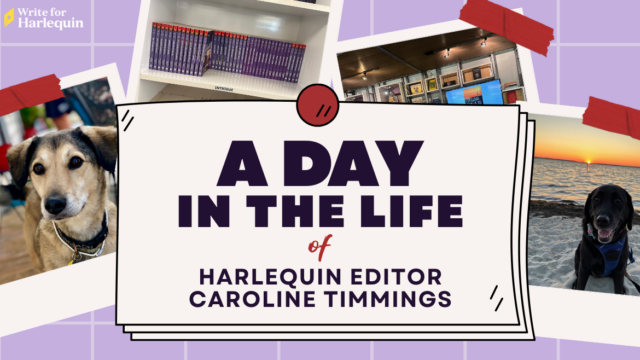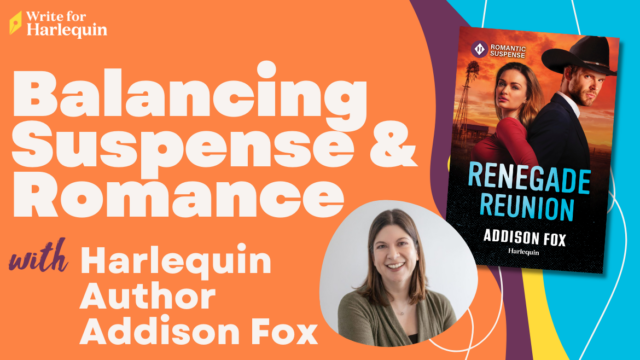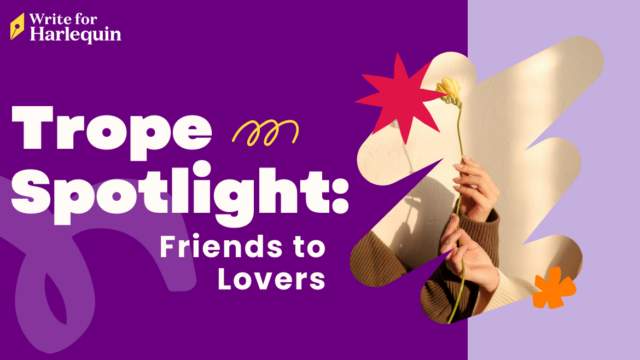by Paula Eykelhof, Executive Editor
On my commute into the office today, I came across a quote from Thoreau. It’s in today’s issue of our local Metro paper (in a regular feature called “Philosopher Cat” by Jason Logan): “How vain it is to sit down to write when you have not stood up to live.”
My topic is balance in your writing (and your life). Work/life balance is something we all talk about—and strive for. It’s critical when you’re writing books, of course, whether you’re published or not yet. It’s equally critical in the books you write. You need to achieve the right balance with every single aspect of your storytelling.
First of all (and this is obvious), writing is part of your life—it’s not your whole life—and within that life, there’s a lot you have to balance. Family, friends, a job, a household… Needless to say, there will be times when things are out of balance. A ferocious deadline, for instance, might mean that the laundry goes unwashed for a while and the kids have to entertain themselves and dinner with friends is postponed. Or a crisis in your personal life demands all your emotional energy. I’ve heard from some writers that having a story to work on is a relief, a kind of corrective, during situations like that. Others say they just can’t write during times of crisis.
Usually, eventually, the balance will right itself…
One thing to remember is that, one way or another, the rest of your life feeds your writing. Many years ago, a wonderful and long-time series writer of ours said she enjoyed and valued her day job, partly because it provided her with a source of story ideas, kept the well filled, so to speak. And that fits perfectly with Thoreau’s observation. Life—what you’ve experienced, what you’ve observed, what you’ve felt—is the ultimate source of your writing. That’s how you tell the truth in your stories and with your stories. This is just as valid for genre fiction as it is for any other kind of novel. (I happen to believe that the boundaries between genre fiction and what is usually called literary fiction are really quite fluid. But that’s a topic for another day.)
On to practical matters… Most writers know that they have to balance writing (and everything that entails) with promotion and marketing activities. It’s become part of the writing life. In addition to what the publisher provides—if you’re traditionally published, as with Harlequin programs—authors typically promote their own books via websites, social media, blog tours, conferences and so forth. It’s a question of writing time vs. promo and marketing time. And again, there’ll be days or weeks when, of necessity, you’re going to be focused almost exclusively on one or the other.
But when it comes to the writing, to the books themselves, we need to remind ourselves that every element of the story and its telling has to work with every other. Everything has to cohere, to connect. Which makes me think of the famous E.M. Forster quote from Howards End: “Only connect! … Only connect the prose and the passion, and both will be exalted, and human love will be seen at its height.”
The prose and the passion. The style and the story. The plot and the romance. The back story and the present. Dialogue and narrative. And of course the characters—hero and heroine, main characters and secondary. Action and introspection. Conflict and resolution, both emotional and practical. These are among the elements that enter into your storytelling. The elements you have to balance.
I’ve often said that you want to achieve the perfect blend of story and style. In other words, your writing has to suit the characters and plot, the story overall. To take an obvious example, in most cases a caper or comedic romance wouldn’t be written in an effusive or dramatic style. (There are always exceptions—if you were going for a certain kind of satire, perhaps—or if a melodramatic voice reflected a particular viewpoint character…)
In your writing, you don’t want to overuse any stylistic devices, including sentence structures. For instance, unless there’s a compelling reason, avoid too many compound sentences in a row. Or too many passive “It was” statements. Or too many sentence fragments (!).
Then there’s dialogue, which plays so many crucial roles in your story. Dialogue should not only advance the plot and express your characters’ distinctiveness, it needs to fit within the narrative context. Sections of text that are mainly dialogue can be strong and effective—but keep in mind that you’re not writing a script. (And in this kind of all-dialogue scene it’s critical to maintain clarity, to establish clearly who’s saying what.)
How about the balance between romance and plot? Remember, the romance isn’t the plot, the love isn’t the story. The romance is at the core of the story and has to be completely integrated with the story, but despite what the Beatles claimed, love isn’t all you need. Another interesting reality of romance fiction is the fact that it’s probably the most flexible of genres. A romance can also be a suspense novel, a comedy, a paranormal story, a western, a fantasy, and so on.
Did you ever see a noir film with Bogart and Gloria Grahame called In a Lonely Place? (Filmed in 1950, directed by Nicholas Ray and one of my favorites.) Bogart, who plays Dixon Steele, a screenwriter, says: “A good love scene should be about something else besides love.” And I’d say that’s about as clear and succinct as you can get!
A well-developed sense of place is one of the particular delights of genre fiction, especially romance. But don’t let the background overwhelm the foreground; make sure information and research (about a location, a workplace, historical incidents—anything—regardless of how much you want to share it) doesn’t come across as a lecture. It has to be seen or described from within your character’s point of view. It has to belong to the story and shouldn’t feel to the reader as if the author is intruding on the story.
Conflict is critical to all traditional fiction—and so is its resolution. Balance is achieved by making sure you’ve created a conflict that can be resolved (for one thing). You also need a balance between internal and external conflict—the personal and the situational. Usually best not to depend on only one—and best not to overstate either one! You have to create credible (but resolvable) reasons for the hero and heroine not to instantly fall in love and/or act on that love. And those reasons should be part of the overall story, integral to that story.
These comments barely scratch the surface (if you’ll forgive the cliché). But I hope they make sense to you. To reiterate: Balance is everything. And connection is your ultimate goal—you need to connect the elements that make up your story; everything needs to work together, every element needs to support every other. They have to be in balance for that to happen. And…you need to connect with your reader. You have an advantage in writing romance fiction, since you and your reader both care about the same things—love, relationships, family, community. They’re the basics of life.
So stand up to live, then sit down to write about it!




